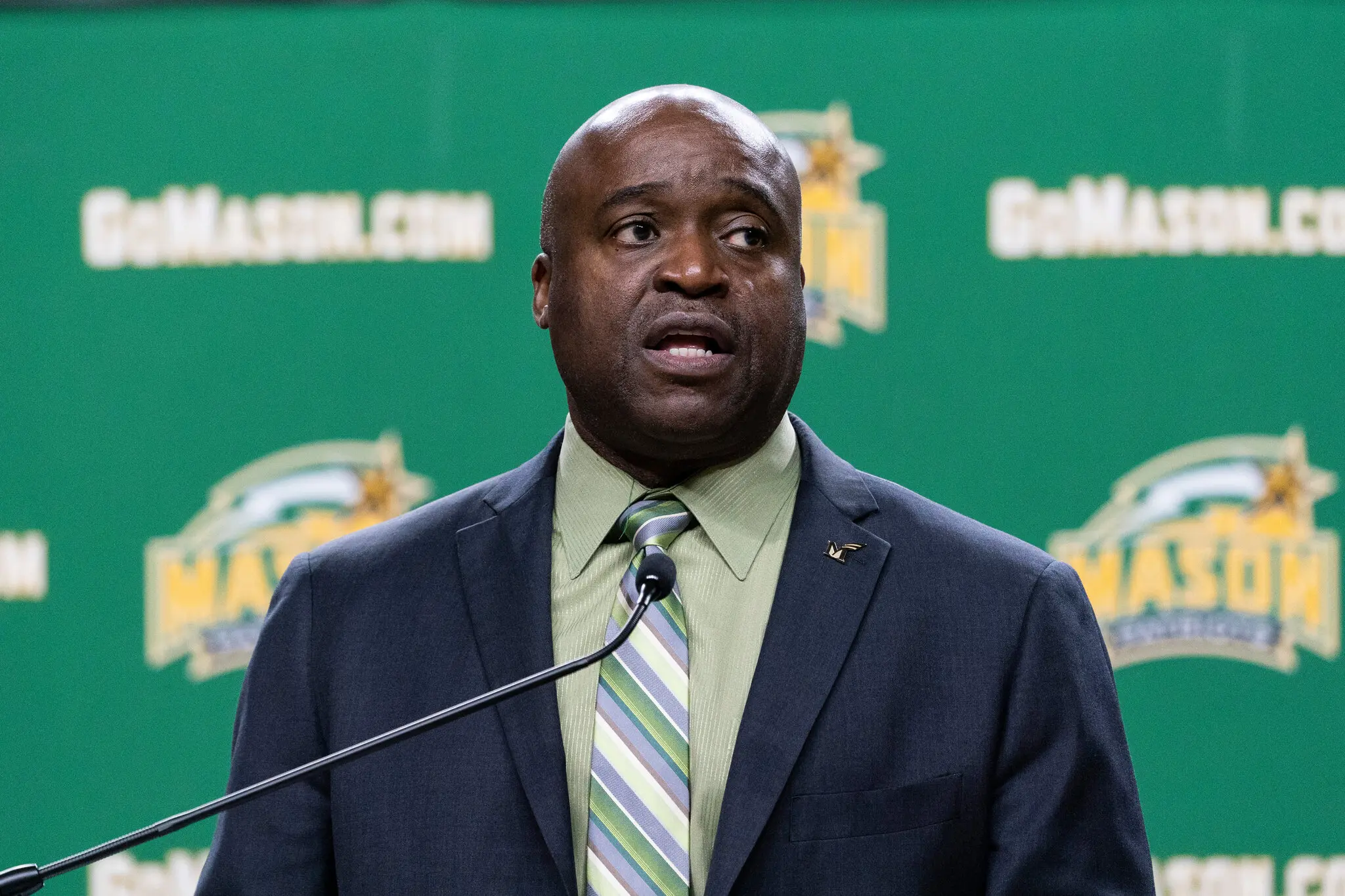Columbia Genocide Scholar May Depart Over University’s New Antisemitism Definition
Genocide scholar Marianne Hirsch at Columbia University is considering resignation after the institution adopted the IHRA definition of antisemitism—which she argues suppresses academic freedom and classroom dialogue.
Marianne Hirsch, a distinguished genocide scholar at Columbia University and daughter of Holocaust survivors, has announced she is seriously considering leaving her teaching post after more than five decades in academia because of Columbia’s recent adoption of the International Holocaust Remembrance Alliance (IHRA) definition of antisemitism. For years Hirsch has drawn on Hannah Arendt’s influential work Eichmann in Jerusalem to lead discussions about moral judgment, genocide, and the Holocaust within her classroom. However, she now fears that merely referencing Arendt’s critique of Israel’s founding could violate the university’s new policy and result in formal sanctions.
This mounting concern has led her to question whether she can continue teaching at an institution that she feels no longer allows open inquiry. Hirsch told The Associated Press, “A university that treats criticism of Israel as antisemitic and threatens sanctions for those who disobey is no longer a place of open inquiry. ” She added, “I just don’t see how I can teach about genocide in that environment” :[oaicite:0]{index=0}.
Hirsch’s is not an isolated concern—academics at Columbia and prestigious universities nationwide have raised similar alarms that the new policy threatens foundational principles of academic freedom. Columbia agreed to incorporate the IHRA definition into its disciplinary procedures as part of a broader $220 million settlement with the Trump administration, which had previously threatened to withhold roughly $400 million in federal funding over concerns about antisemitism on campus :[oaicite:1]{index=1}. The IHRA framework outlines eleven illustrative examples—such as applying double standards to Israel, comparing Israeli policy to Nazi atrocities, or characterizing Israel’s existence as a “racist endeavor”—that are now interpreted as potential evidence of antisemitic intent.
Critics argue these criteria have already been used to discipline nearly eighty students involved in pro‑Palestinian activism, raising fears that certain forms of historical analysis or analogical reasoning may now be considered punishable speech :[oaicite:2]{index=2}. Kenneth Stern, who originally drafted the IHRA definition, has called its application as a campus hate speech code “appalling,” warning that its enforcement could suppress scholarly debate and invite legal challenges related to academic expression. Stern cautioned that its deployment in disciplinary contexts is a “weaponization” of a tool never intended for censorship :[oaicite:3]{index=3}.
Within Columbia, faculty scholars such as Peter Bearman and Gil Eyal have issued formal critiques, labeling the policy intellectually stifling and fundamentally opposed to the university’s mission of fostering dialogue. They highlight that the new rule could preclude scholars from making comparative genocide arguments—including analysis of Israel’s Gaza campaign—under fear of sanctions :[oaicite:4]{index=4}. Civil liberties advocates also warn that the policy’s broad reach may chill classroom discourse, especially around analogies and historical comparison, raising constitutional concerns about academic freedom under the First Amendment :[oaicite:5]{index=5}.
Proponents of the IHRA adoption argue the move will strengthen Columbia’s ability to address antisemitism and protect Jewish students on campus. The university administration has stated that the definition will improve understanding of modern antisemitism and support clearer disciplinary frameworks—particularly in the aftermath of widespread protests and accusations of campus intolerance :[oaicite:6]{index=6}. Columbia has taken disciplinary action against dozens of students involved in a pro‑Palestinian takeover of its main library earlier in May, including extensive suspensions and expulsions—incidents that significantly influenced the timing and framing of the policy change :[oaicite:7]{index=7}.
Hirsch’s statements reflect a broader anxiety among scholars over whether rigorous, nuanced academic inquiry remains possible under the new policy. She emphasized that drawing analogies—historical, moral, academic—is integral to teaching genocide studies, and that constraining such methods undermines the foundation of her discipline. She fears that the policy could open faculty to spurious accusations or even lawsuits if classroom content is interpreted as violating the policy’s examples :[oaicite:8]{index=8}.
Other universities have adopted the IHRA definition in response to comparable federal funding pressures, heightening concerns about broader national impacts. At some institutions, faculty have already observed real or perceived chilling of pro‑Palestinian speech and historical critique. Meanwhile, advocacy groups stress that policy should safeguard free expression, not curtail it—especially in academic settings designed to explore complex geopolitical and moral issues :[oaicite:9]{index=9}.
As Marianne Hirsch considers departing Columbia, she frames it as both a personal and intellectual decision shaped by changing institutional constraints. Her potential exit would mark a poignant moment: one of Columbia’s most respected scholars rethinking her place in an institution she once saw as a bastion of open inquiry. The controversy underscores the deeper tension: balancing the fight against real antisemitism with a commitment to free academic debate—and determining whether those goals can coexist within current definitions and disciplinary mechanisms.
Hirsch has indicated that she intends to continue her scholarship on genocide, even if it means doing so outside Columbia. She warned that universities that suppress critical methodologies risk failing their educational mission and betraying public trust :[oaicite:10]{index=10}.
28th july 2025



